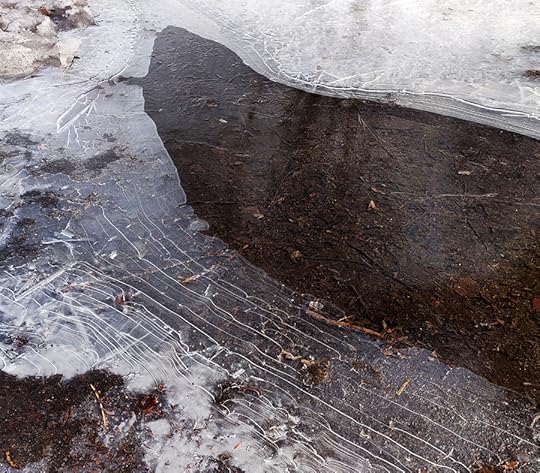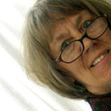Hermit Diary, Montreal. 6. Tranströmer plays Haydn.

Yesterday Teju Cole asked his Facebook followers a simple question: "What's helping?" As you can imagine, the comments included a wide range of answers: everything from "the stillness" to "connecting with others." In addition to "talking to friends", a lot of people (including me) mentioned reading and music. I've been playing my piano much more lately, and I'm going to miss it badly because we are seldom going to our studio, where it lives. The cathedral, where I've been involved in music for more than a decade, is closed, and there will be no choral services for a long time. I'll have to sing to myself, or get out my flute, because there's a music quotient in my life that can only be satisfied by making music, not just by listening.
So here is a poem by Tomas Tranströmer, the late Swedish poet and winner of the Nobel Prize in Literature in 2011, who also played the piano. After suffering a stroke in 1990, his right side was paralyzed, and he taught himself to play with just his left hand. He is quoted as saying that playing was a way for him to continue living after the stroke -- though he did go on to write poetry until the early 2000s, publishing his final book, The Great Enigma, in 2004. He died in 2015, just weeks before his 84th birthday.
Allegro
I play Haydn on a black day
and feel a simple warmth in my hands.
The keys are willing. Soft hammers strike.
The resonance green, lively, and calm.
The music says freedom exists
and someone doesn't pay the emperor tax.
I push down my hands in my Haydnpockets
and imitate a person looking on the world calmly.
I hoist the Haydnflag--it signifies:
"We don't give in. But want peace."
The music is a glasshouse on the slope
where the stones fly, the stones roll.
And the stones roll right through
but each pane stays whole.
--Tomas Transtromer



